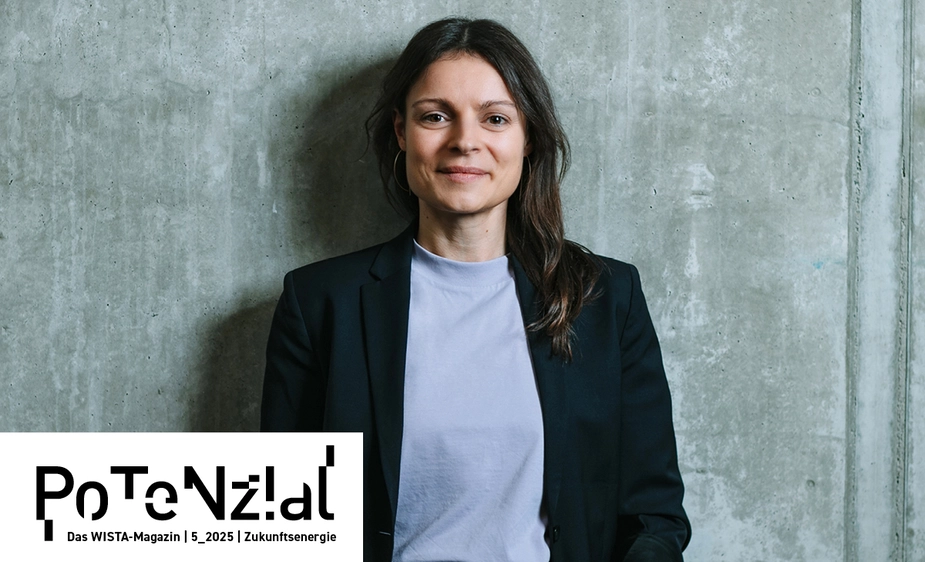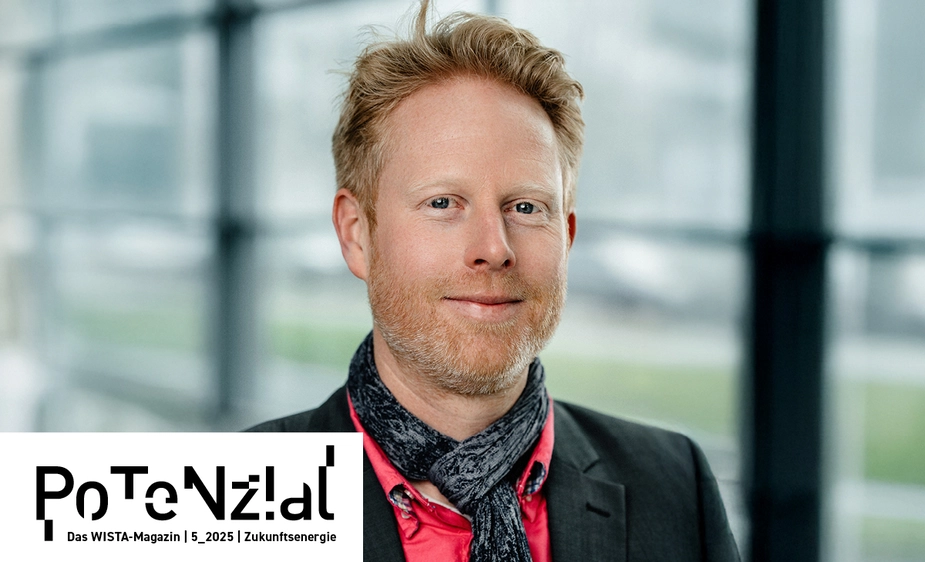The Startup Factory
More than 50 partners from the fields of science, business, politics, and society have formed the UNITE alliance to increase the number of start-ups in Berlin and Brandenburg
An ecosystem for science-based startups has recently been created with UNITE, an alliance of over 50 partners from the fields of science, business, politics, and society in Berlin-Brandenburg. Laura Möller, CEO of UNITE, and Steffen Terberl, Head of the Berlin Future Locations Office, explain how they want to translate the region’s innovative potential into successful companies.
What was the reason behind founding UNITE?
Laura Möller: We have some wonderful talent and startup centres in the region, but there are a few missing elements which would encourage more people to start their own business. The problem begins early on when it comes to bringing entrepreneurial thinking into higher education institutes. At Stanford University in the United States, around 70 percent of students consider entrepreneurship as a possible career option. In contrast, significantly fewer people hear about entrepreneurship in Berlin even though there is a good infrastructure here, especially in the “Zukunftsorte” (“Future Locations”), Berlin’s places of future innovation. But it is difficult to gain access to this ecosystem. UNITE was founded to significantly increase the number of startups. Closer cooperation between science, industry, and investors in Berlin-Brandenburg is required to do this.
At the core of it, it’s about making better use of the region’s existing resources and potential, particularly in the area of spin-offs from science. After all, the region has a quarter of a million students, 30,000 researchers, and numerous alumni.
How can this potential be harnessed?
Möller: As early as possible, at university for example, by having professors from the fields of innovation and startups offer courses on the topic of founding startups. It’s important to identify disciplines and faculties which have a particularly high startup potential, or where awareness of this potential is lacking. For example, the Technical University of Munich declared itself an entrepreneurial university 25 years ago, and awareness of this has gradually developed across all areas of the university. Here in Berlin we don’t have 20 years to do this, but rather four or five years if we don’t want to fall behind. We need to find a way to better integrate the existing resources in the respective regions. UNITE aims to close the gaps in the startup ecosystem. This isn’t achieved solely through public funding - UNITE is largely financed by private funds, from companies in the region, foundations, and investors.
Who is collaborating in the initiative?
Möller: Alongside the major universities and universities of applied sciences in the area, Charité and many other research institutions and companies are all collaborating. These include Bayer AG, GASAG, Messe Berlin, SPITZKE SE and WISTA. The initiative has over 30 partners from the scientific community and almost all students and researchers in the region are represented. We are the largest network in the area.
Do you focus on any particular areas of technology?
Möller: Yes, artificial intelligence as a cross-cutting technology, especially as it also enables many innovations in our key industrial sectors. We focus on the entire health sector, as well as green technologies. These are also interesting for us in terms of building bridges to Brandenburg, such as in the context of structural change in Lusatia. The aim should always be to transfer knowledge to the economy through startups. Another focus is on quantum technologies, in which the emphasis is on quantum sensor technology and communication – areas in which Berlin is already conducting world-class research.
How will Berlin’s Future Locations benefit?
Steffen Terberl: High-tech startups require the appropriate infrastructure, which we already have in Future Locations such as Adlershof, the Berlin-Buch campus and Potsdam Science Park. It’s important that founders from both within and outside these institutions have access to this excellent infrastructure, which isn’t yet the case. We want to work together with the relevant key players to make sure this happens. But first of all, we need to make sure everything is transparent! That’s why we will develop a digital platform.
What else needs to be done?
Terberl: There are functioning ecosystems, such as in Adlershof, where there are close links between scientific institutions, existing companies, technology centres, and startups. That said, we also see many silos in the region that need to be broken down. We would like to work together to provide greater access to scientific equipment, co-working spaces, and other research infrastructure which is often strongly regulated. This should be done across locations and, ideally, it should be as simple as booking a trip. This would benefit the Future Locations by allowing their infrastructure to be used even more effectively and open up new sources of income. But we need to develop a framework to achieve this.
Möller: We also want to support startup funding at the various institutions as required so that it has a greater impact and ideas can truly have a positive effect on the world. Making sure the jungle surrounding startups becomes more accessible and transparent is an important task for UNITE, and our digital platform will form the basis of this. In addition, there is a need for a physical location where people can meet and engage together.
If we look into the future, will Berlin have a sustainably prosperous deep tech economy in a decade?
Möller: In a decade, definitely. But it will also happen before then. We are already further along than most people believe. Perceptions are distorted, partly due to media coverage, but progress is being made even though it’s rarely visible to everyone. An institution like UNITE can change that and the region deserves it.
Chris Löwer for Potenzial

